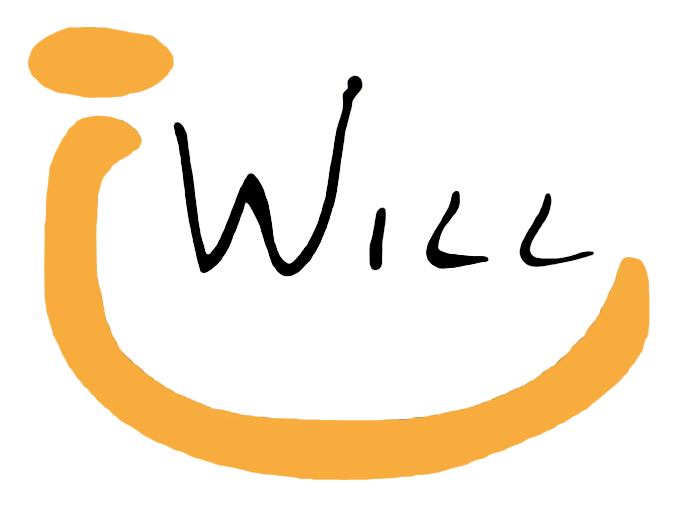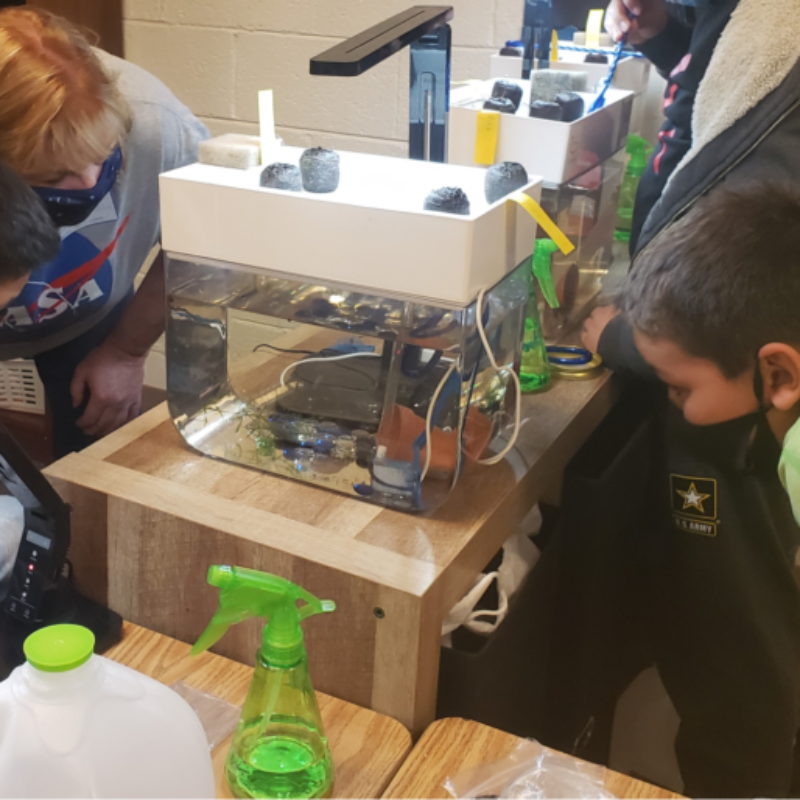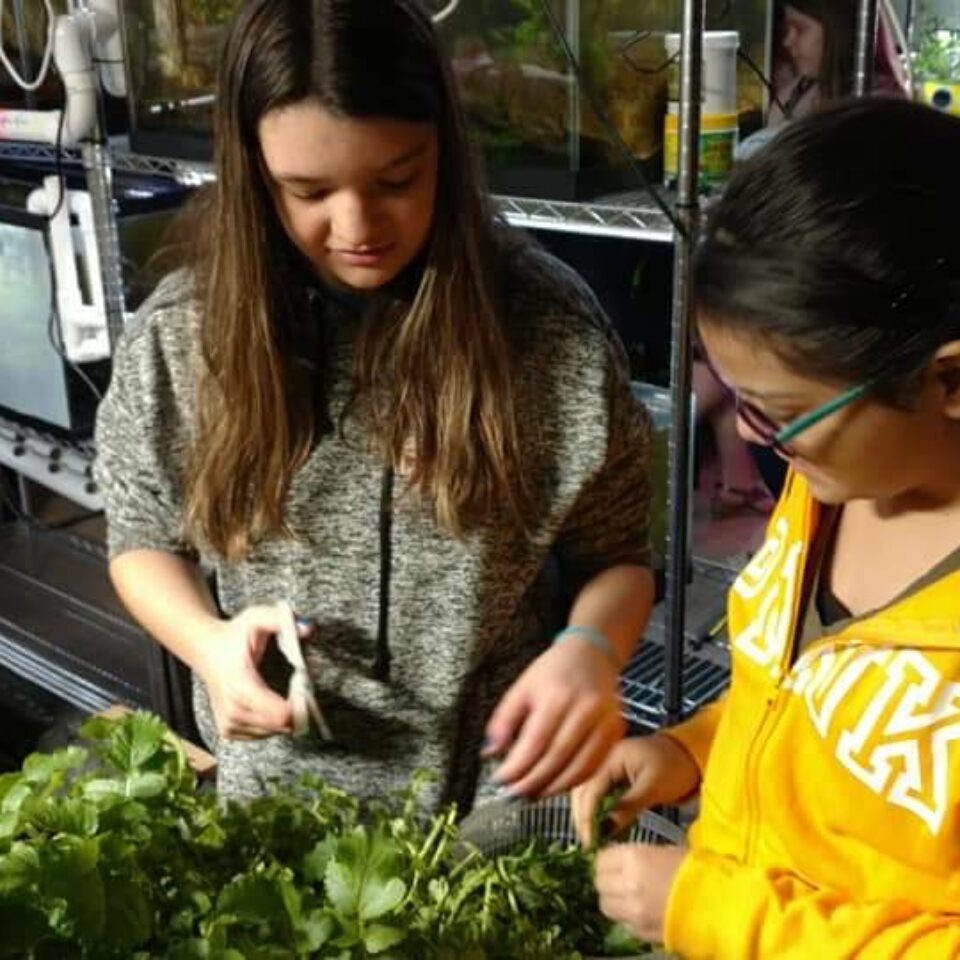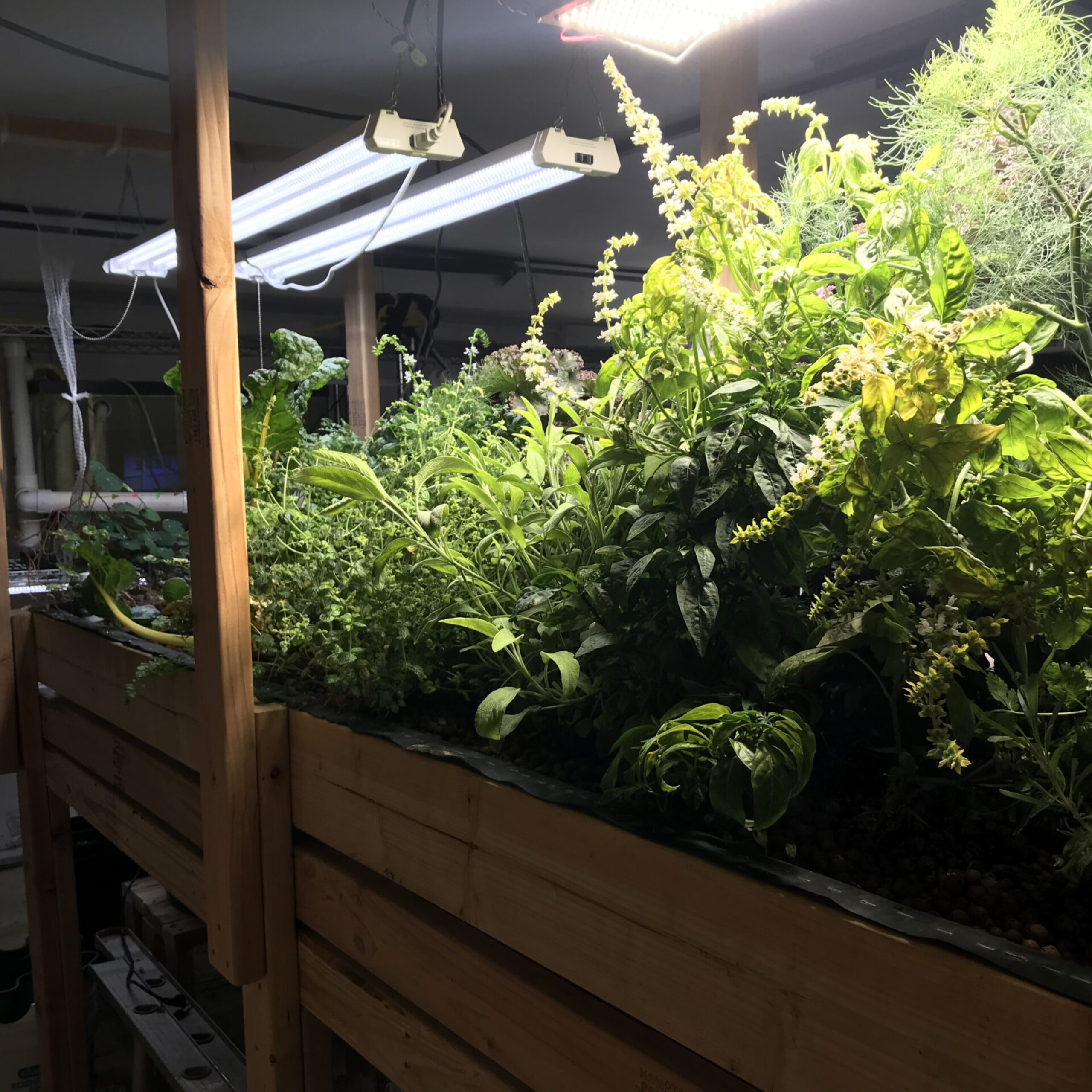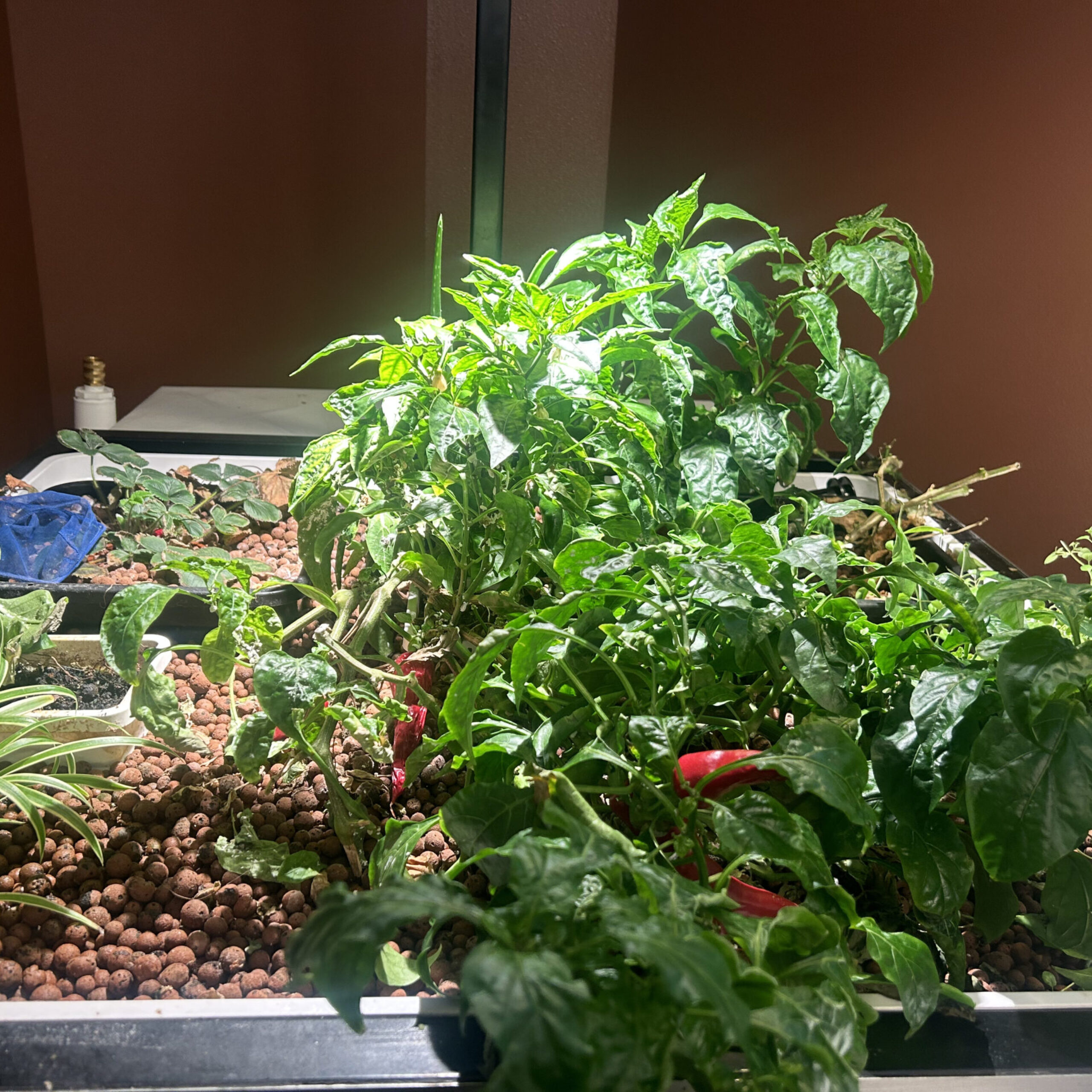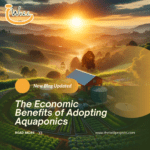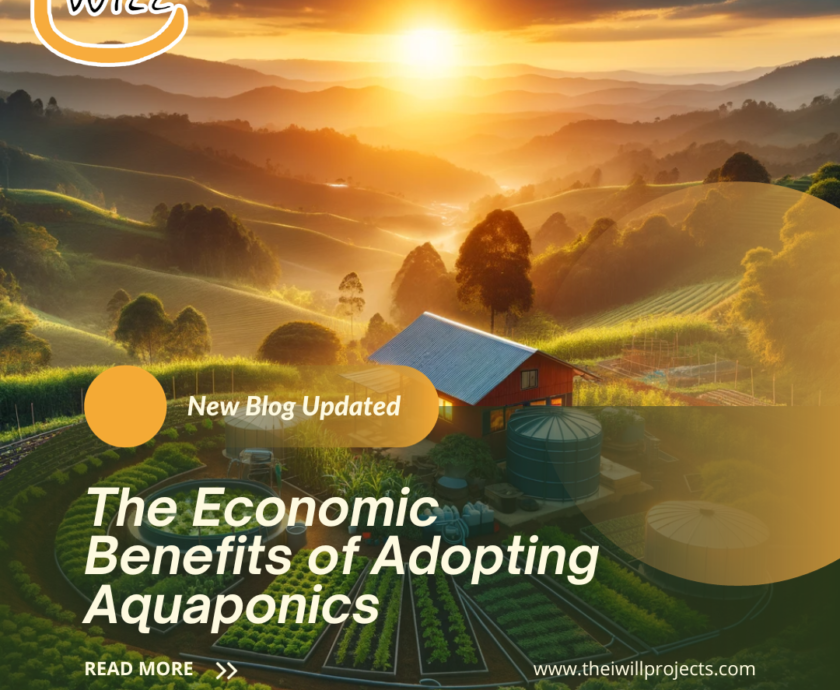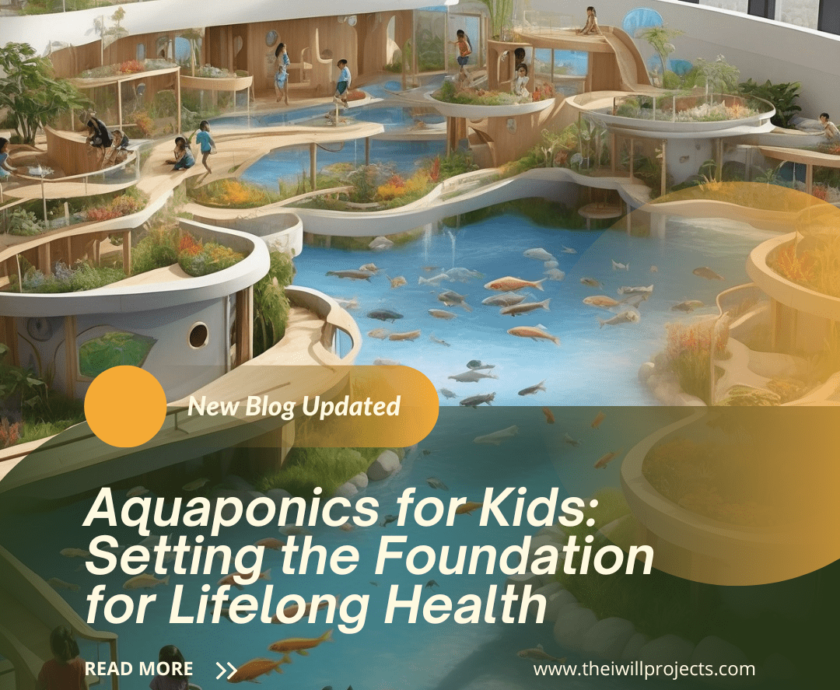Table of contents
- Introduction
- Navigating Nutritional Needs and Preferences
- The Rise of Plant-Based Alternatives
- Technology and Innovation in Food Production
- The Impact of Food Waste
- Consumer Influence on Policy and Practice
- The Role of Digital Platforms in Shaping Food Trends
- Embracing Local and Global Food Movements
- Advances in Food Safety and Quality
- The Role of Government and Regulation
- Educating Consumers: Knowledge is Power
- The Power of Sustainable Packaging
- Integrating Health and Wellness
- The Ethics of Food Production
- Looking Ahead: Sustainable and Healthy Eating
- Conclusion
- FAQs
Introduction
In an era where people are more aware of health and sustainability, it’s important to understand how our choices about food affect our health, the environment, and the economy. The food industry is changing fast because consumers want healthier, high-quality food with less waste. This shift is shaping the future of food.
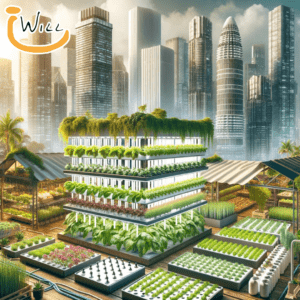
Navigating Nutritional Needs and Preferences
Today’s consumers are increasingly aware of the nutritional content of their food. The demand for high-quality, nutrient-rich products is soaring, with a particular focus on organic, non-GMO, and locally sourced options. This shift is not just a trend but a deeper understanding of the connection between diet and health. As a result, food producers are adapting, focusing more on transparent labeling and ethical production practices.
The Rise of Plant-Based Alternatives
A significant change in the industry is the surge in popularity of plant-based diets. Driven by concerns about health, animal welfare, and environmental sustainability, more people are embracing vegetarian and vegan lifestyles. This shift has led to an explosion in the variety and availability of plant-based products, ranging from meat substitutes to dairy-free alternatives. These innovations not only cater to dietary preferences but also reduce the environmental impact of food production.
Technology and Innovation in Food Production
Advancements in technology are revolutionizing how we produce and consume food. Techniques like vertical farming and aquaponics are making it possible to grow food in smaller spaces with fewer resources. Meanwhile, food tech startups are exploring lab-grown meats and 3D food printing, promising a future where food is more sustainable and accessible.
The Impact of Food Waste
Food waste is a critical issue in the global food industry. A staggering amount of food is wasted from production to consumption. Reducing this waste is not only crucial for environmental conservation but also for improving food security worldwide. Consumers are increasingly supporting businesses that implement zero-waste policies and sustainable packaging solutions.
Consumer Influence on Policy and Practice
The power of consumer choice is evident in how it shapes industry practices and policies. Increasing demands for fair trade products and ethical sourcing have compelled companies to reevaluate their supply chains. Consumers are no longer passive players; they are active participants influencing the market through their informed choices.
The Role of Digital Platforms in Shaping Food Trends
In the digital age, information spreads rapidly, and so do trends. Social media platforms and food blogs play a pivotal role in shaping public opinion and consumer behavior. From promoting superfoods to exposing unethical practices, these platforms are instrumental in steering the direction of the food industry.
Embracing Local and Global Food Movements
The food industry is witnessing a resurgence in the local food movement. Consumers are increasingly seeking out farmers’ markets and community-supported agriculture (CSA) programs. This shift not only supports local economies but also promotes fresher, more flavorful produce. At the same time, there’s a growing appreciation for global cuisines, reflecting a more interconnected world. This duality of local and global preferences is shaping a more diverse and inclusive food industry.
Advances in Food Safety and Quality
Food safety and quality are paramount concerns in the industry. With advancements in technology, methods for ensuring food safety from farm to table are more sophisticated than ever. Traceability and blockchain technology are becoming key tools in ensuring transparency and quality control in the food supply chain. This not only boosts consumer confidence but also enhances the overall quality of food products.
The Role of Government and Regulation
Government policies and regulations play a crucial role in shaping the food industry. From food safety standards to labeling laws, these regulations ensure that the food reaching consumers is safe and of high quality. Additionally, government initiatives promoting healthy eating and sustainability are influencing industry practices and consumer behavior.
Educating Consumers: Knowledge is Power
Education is a powerful tool in transforming the food industry. More informed consumers make more conscious choices about their food. This includes understanding the environmental impact of food production, the nutritional value of different foods, and the social implications of their choices. As education and awareness increase, so does the demand for better, more responsible food options.
The Power of Sustainable Packaging
Sustainable packaging is becoming a key factor in consumer choices. Environmentally friendly packaging options not only reduce the ecological footprint of food products but also resonate with the growing eco-conscious consumer base. This shift is encouraging companies to invest in innovative packaging solutions that are both functional and sustainable.
Integrating Health and Wellness
The link between diet and wellness is more evident than ever. Consumers are looking for foods that not only satisfy their taste buds but also contribute to their overall health and well-being. Superfoods, functional foods, and personalized nutrition are gaining popularity, indicating a shift towards a more health-centric approach to eating.
The Ethics of Food Production
Ethical considerations are increasingly at the forefront of consumer minds. Issues such as animal welfare, fair labor practices, and the social impact of food production are influencing purchasing decisions. Consumers are holding companies accountable for their practices, leading to more ethical and socially responsible food production methods.
Looking Ahead: Sustainable and Healthy Eating
As we look to the future, the emphasis is on sustainable and healthy eating. The integration of environmental responsibility and nutritional awareness in our food choices is not just a passing phase but a long-term shift in consumer behavior. This evolution is leading to a more ethical, sustainable, and health-focused food industry.
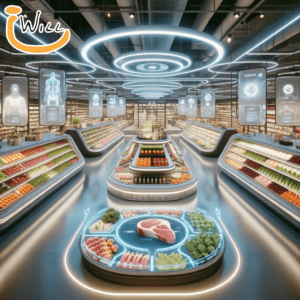
Conclusion
The future of food is like a complex puzzle made up of many important pieces – better nutrition, new technology, ethical actions, and sustainability efforts. Our decisions as consumers play a big role in how this industry grows. By picking products that meet our demands for nutritious, fresh food, supporting food companies that focus on ethical production and better food packaging, and advocating for waste reduction and food banks, we’re helping to create a food future that’s good for us, the planet, and the generations to come.
FAQs
What Are the Main Factors Driving Changes in the Food Industry?
The food industry is evolving due to several key factors: increased health and nutritional awareness, environmental concerns, advancements in food technology, and the growing demand for ethical and sustainable practices.
How Are Consumer Preferences Affecting the Food Industry?
Consumer preferences are significantly shifting towards organic, non-GMO, and locally sourced foods. There’s also a rise in demand for plant-based products, reflecting a growing interest in health, sustainability, and animal welfare.
What Role Does Technology Play in the Future of Food?
Technology plays a crucial role in the future of food through advancements in sustainable farming practices, food safety and quality assurance, and the development of alternative food sources like lab-grown meats and plant-based proteins.
Why is Food Waste a Concern, and What Can Be Done About It?
Food waste is a major concern due to its environmental impact and contribution to global food insecurity. Reducing food waste can be achieved through better food storage and preservation technologies, consumer education, and policies encouraging responsible production and consumption.
How is the Globalization of Food Affecting Diets Worldwide?
Globalization allows for a diverse range of foods to be available worldwide, influencing diets and food trends. This has led to an increased appreciation for global cuisines, but also challenges in maintaining nutritional quality and food safety standards.
What Is the Impact of Sustainable Packaging in the Food Industry?
Sustainable packaging reduces the environmental impact of food products and resonates with eco-conscious consumers. It encourages companies to adopt more environmentally friendly practices, contributing to the overall sustainability of the industry.
How Important are Government Policies and Regulations in Shaping the Food Industry?
Government policies and regulations are vital in ensuring food safety, quality, and ethical practices. They guide industry standards and practices, influencing everything from production to labeling and distribution.
What Can Consumers Do to Influence the Food Industry?
Consumers can influence the food industry by making informed choices, supporting sustainable and ethical practices, reducing food waste, and advocating for policies that promote healthy and sustainable food systems.
The I Will Projects, a 501(c)3 organization serving communities since 2014, believes in multiple solutions to address global challenges. Our IFIZ education programs focus on general aquaponics, growing microgreens and sprouts, and insect farming. These programs empower communities by expanding knowledge, developing collaboration, and advocating for sustainable innovation. Our aim is to contribute to a regenerative food system, ensuring access to healthy food and recognizing food as medicine.
References:
webmd.com/diet/future-of-food-special-report
techtarget.com/whatis/feature/The-future-of-the-food-industry-Food-tech-explained
greenly.earth/en-us/blog/ecology-news/future-of-food-what-are-the-issues-and-how-can-we-solve-them
npd.com/products/the-future-of-series/future-of-food-series
insights.figlobal.com/innovation/predictions-future-food-industry-experts
